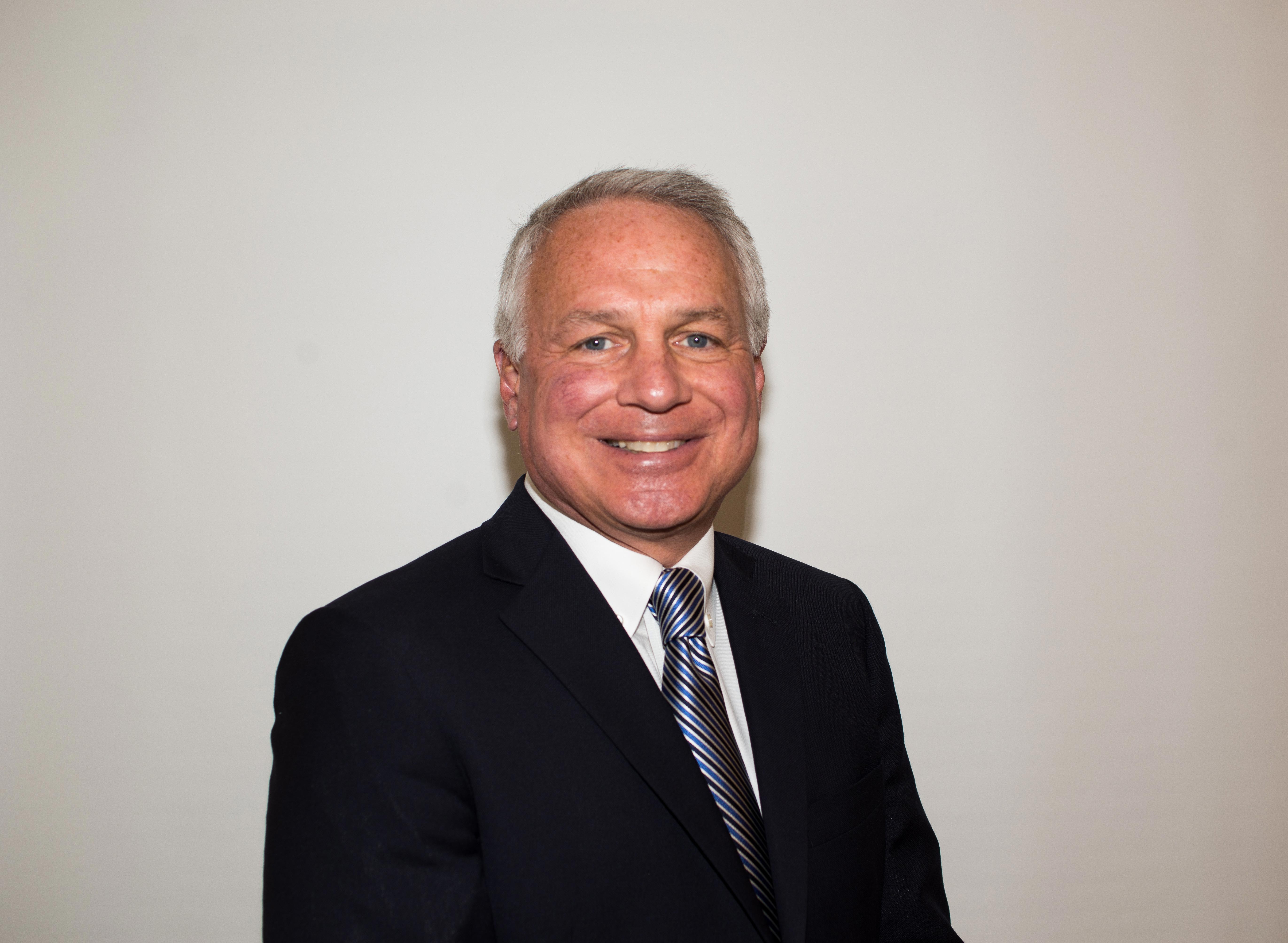
For each issue since its inception more than two years ago, FlexPack VOICE® has hosted a question-and-answer segment with an industry leader. In this issue, we interview Chris Parrilli, who has been with Sun Chemical Corporation in Northlake, Illinois, for most of his career and has been serving as president since January 2018.
Parrilli received his MBA in 1999 from Northwestern University’s Kellogg School of Management in Evanston, Illinois. Prior to that, he graduated with an accounting degree from John Carroll University in University Heights, Ohio, in 1978. “My wife and I just had our first child, and we were living in the Cleveland area, and she wanted to return home to the Chicago area,” Parrilli says. “I started interviewing with CPA firms and one private industry—Sun Chemical—through a friend of mine who recommended me and had good things to say about Sun. I took the Sun job, and the rest is history.”
Sun Chemical is a member of the DIC Group, a producer of packaging and graphic solutions, color, and display technologies. Combined, they have annual sales of more than $8.5 billion and more than 22,000 employees worldwide. (Sun Chemical Corporation is a subsidiary of Sun Chemical Group Coöperatief U.A., the Netherlands, and is headquartered in Parsippany, New Jersey.)
FlexPack VOICE ®: What do you see as the major issues facing the industry this year, globally and/or domestically?
Chris Parrilli: Rampant inflation, supply chain issues, rising raw material costs, increased freight costs, and a labor shortage continue to affect the industry. This has caused havoc in some cases, and these dynamics are likely to continue.
Most raw materials are on some form of formal or informal allocation, and suppliers cannot build enough inventory to support elevated demand. Though growth in the packaging ink market was relatively flat due to shortages in materials, such as films and solvents, market demand was resilient in 2021 and continues to be strong in 2022. This combination of demand, scarcity, and cost presents a layered challenge for the industry at large.
However, as a global supplier of packaging inks, Sun Chemical’s expanded raw material supply portfolio and global manufacturing footprint allow us to support our customers through various channels. In addition, we’ve been working closely with our customers to understand their anticipated demand along with the changing dynamics of the industry.
FPV: What are the long-term challenges—beyond this year—for the flexible packaging industry?
CP: Many of the short-term challenges we’re seeing—including rising costs for raw materials and increased freight costs—will likely continue in the years ahead. As prices rise across all industries, the same can be expected in flexible packaging while inflationary pressures remain.
While global supply chains continue to be constrained by new challenges, our goal is to make sure our supply chain is well-positioned to respond to all anticipated, as well as unex-pected, disruptions.
In addition, finding the right people and providing them with job flexibility, growth opportunities, and work-family balance will be a long-term challenge that all businesses will be confronted with for years to come.
FPV: When it comes to sustainability, what is the industry doing well and where does it need to do better in this area?
CP: Both converters and brand owners are increasingly focusing their efforts on devel-oping sustainable solutions to meet consumer demand, which is certainly a positive for the industry. In many ways, sustainability is the topic of discussion with customers. Either cus-tomers bring us their clearly defined strategy to inquire about products that meet those require-ments or they’re looking to us to help them craft their sustainability strategy.
In the years ahead, the packaging industry will need to be more flexible as both governmental regulations and consumer demands increase.
While investing in innovation is critical, it is equally important to listen to consumers who are prioritizing brands that prove their dedication to sustainability.
FPV: Generally, how do you see government regulations as they pertain to the industry? What should change?
CP: Generally speaking, regulatory standards for a wide range of packaging are becoming more stringent due to several factors. There is heightened attention on food safety, which impacts regulations around food packaging. There are also packaging waste directives and other sustainability factors driving new regulations. These standards are being set not only related to what the packaging needs to deliver for its given application, but also related to recycled material. This includes the quality of the materials used in the packaging, as well as the percentage of recyclable materials included.
Moving forward, we’ll likely see increasingly stringent regulatory standards for packaging and flexible packaging designed to decrease environmental impact. Brand owners and producers alike will have to adapt to meet these standards by using products with high levels of bio-renewability, compostability, and recyclability.
FPV: How has the ink industry changed?
CP: It is so much more efficient and productive. Customers are much greater in size; demands are more and more challenging. There is a greater concern for the world, and how the ink industry’s footprint impacts the world. I probably just described every business. The point is that this business has always been faced with similar big business challenges, and it has always adapted as needed.
FPV: Is there a particular experience that stands out in your career, good or bad, or both?
CP: Certainly 41 years in the industry is a highlight, but more significantly it has been the diverse businesses, the constantly changing dynamics, the people that I have had a chance to meet and call friends, the success of Sun Chemical, and the colleagues that have taught me so much.


